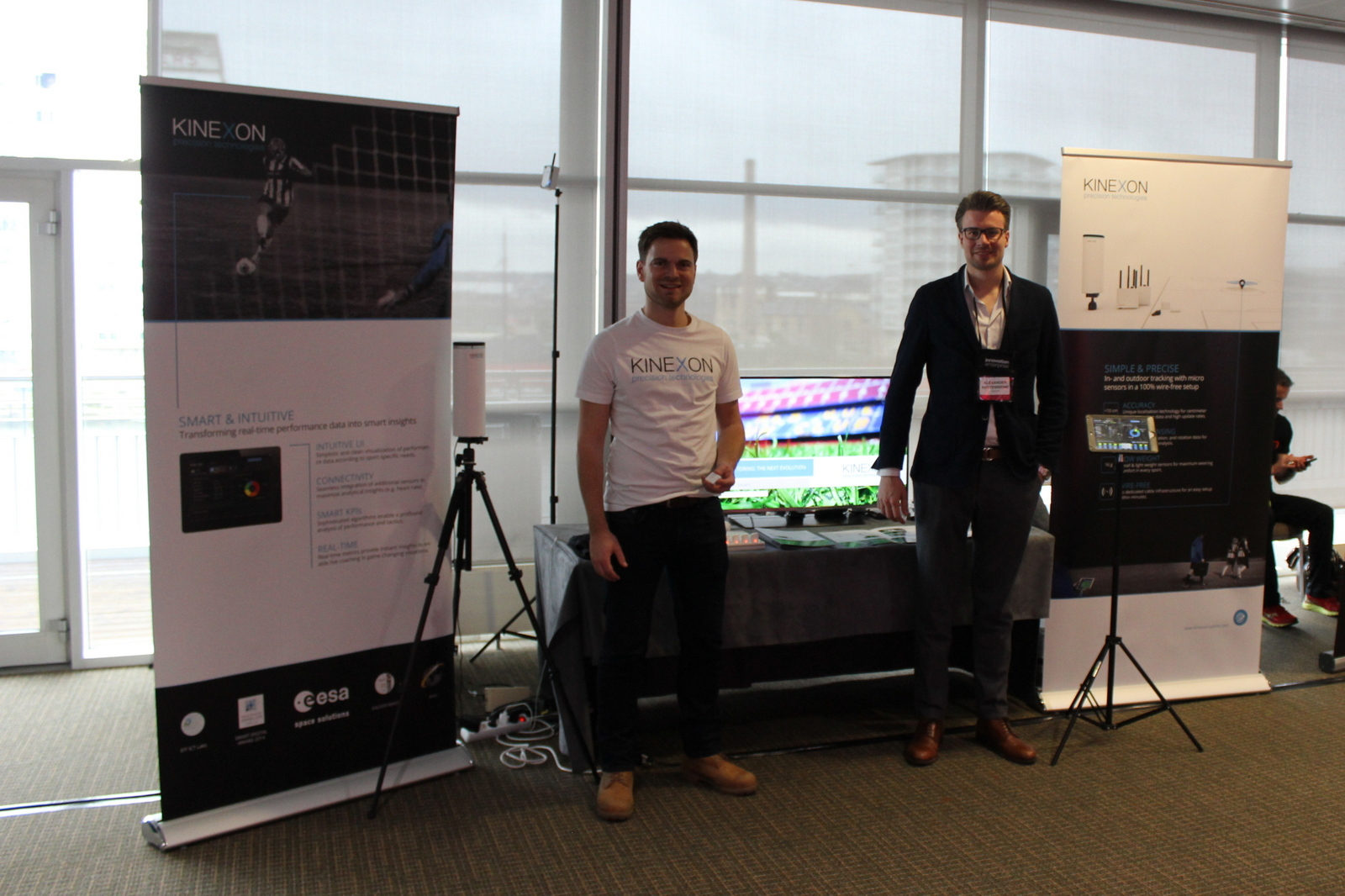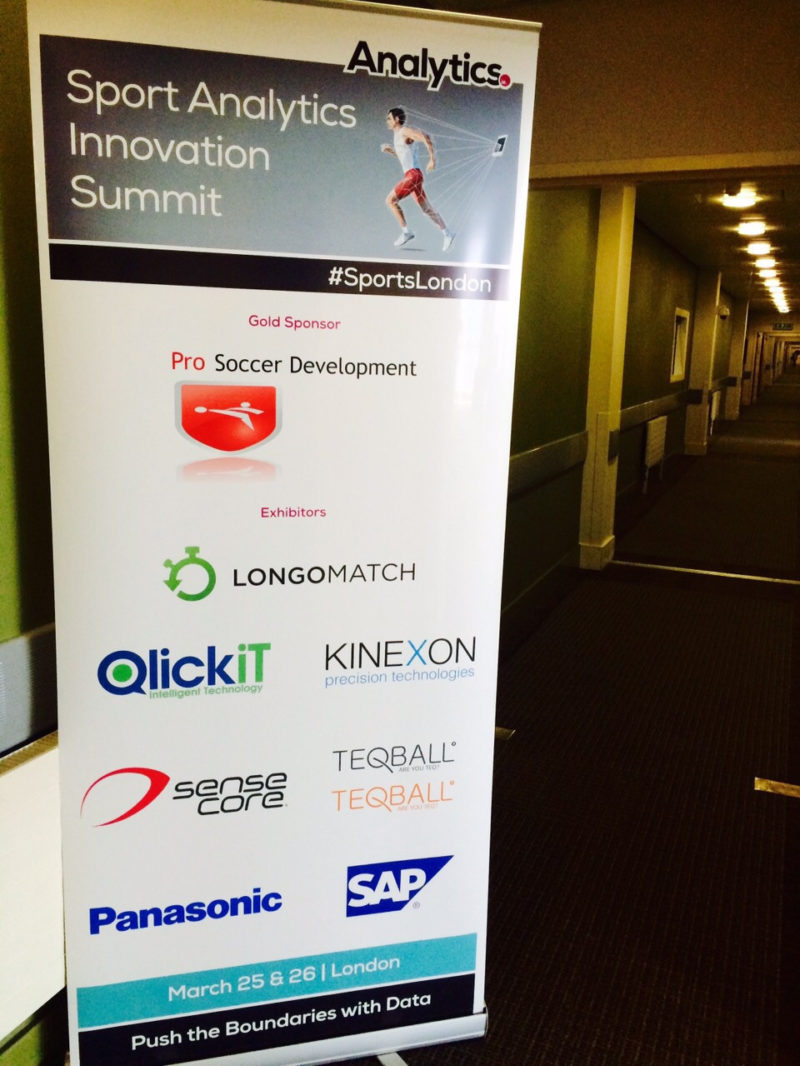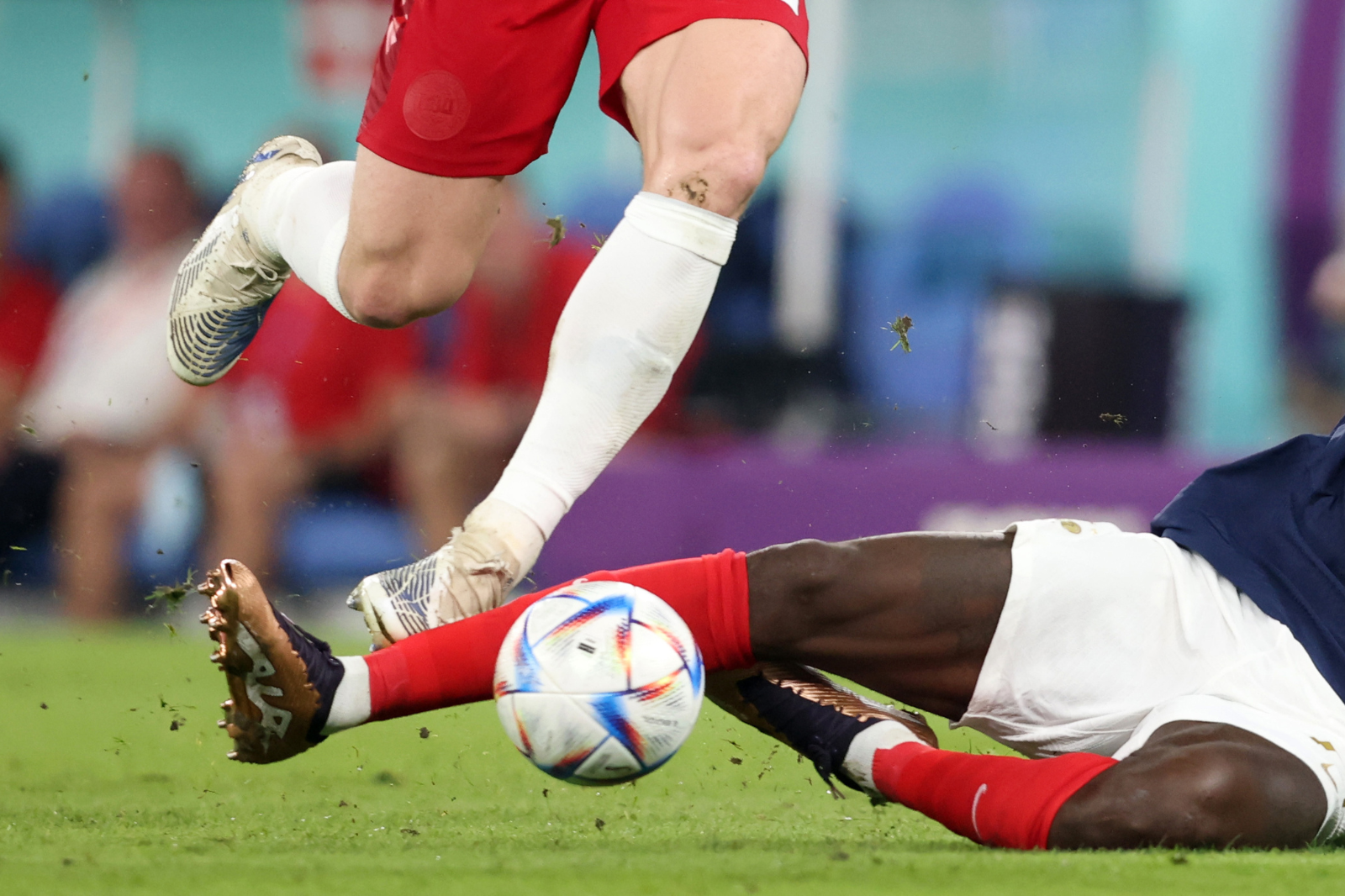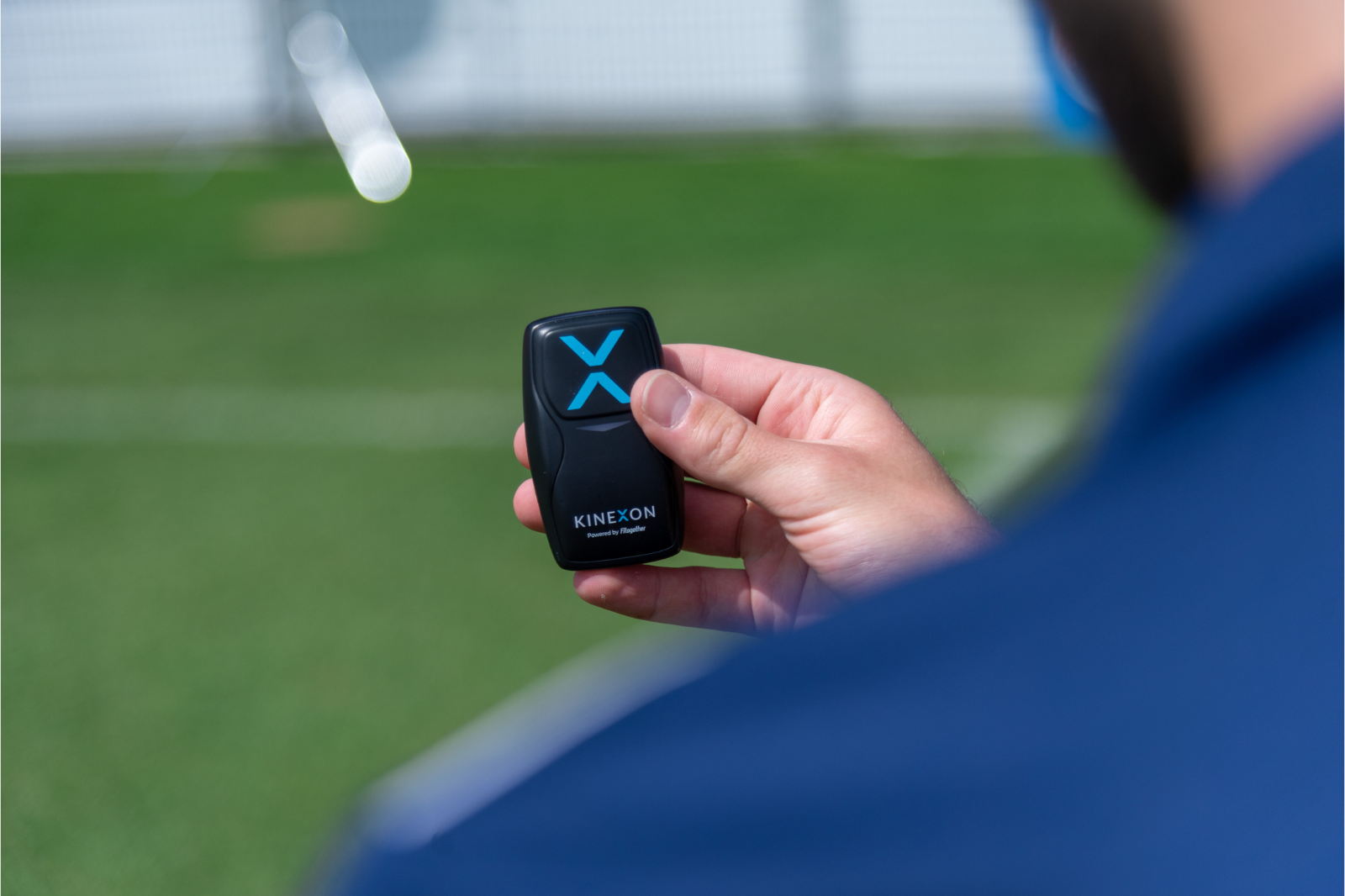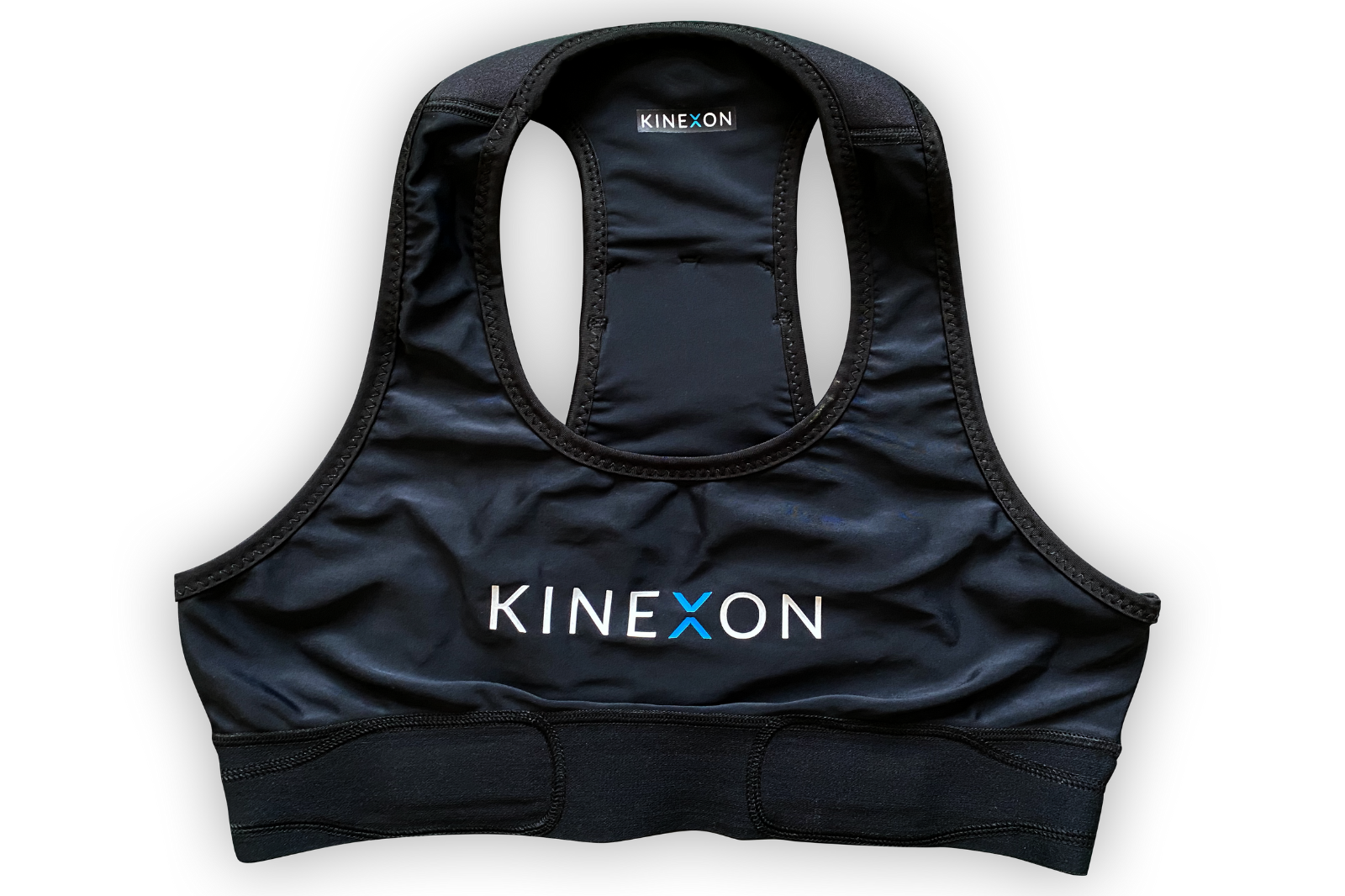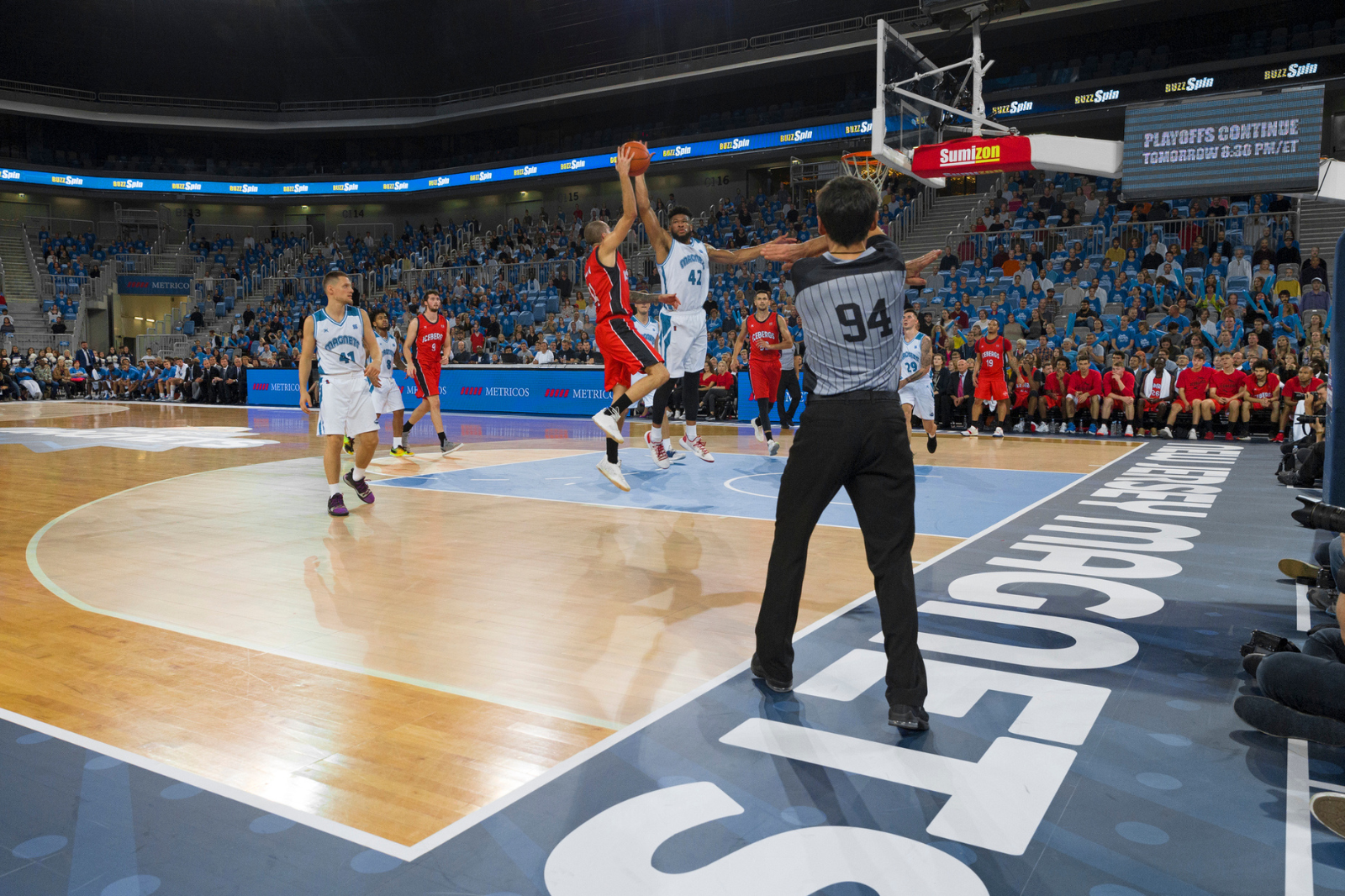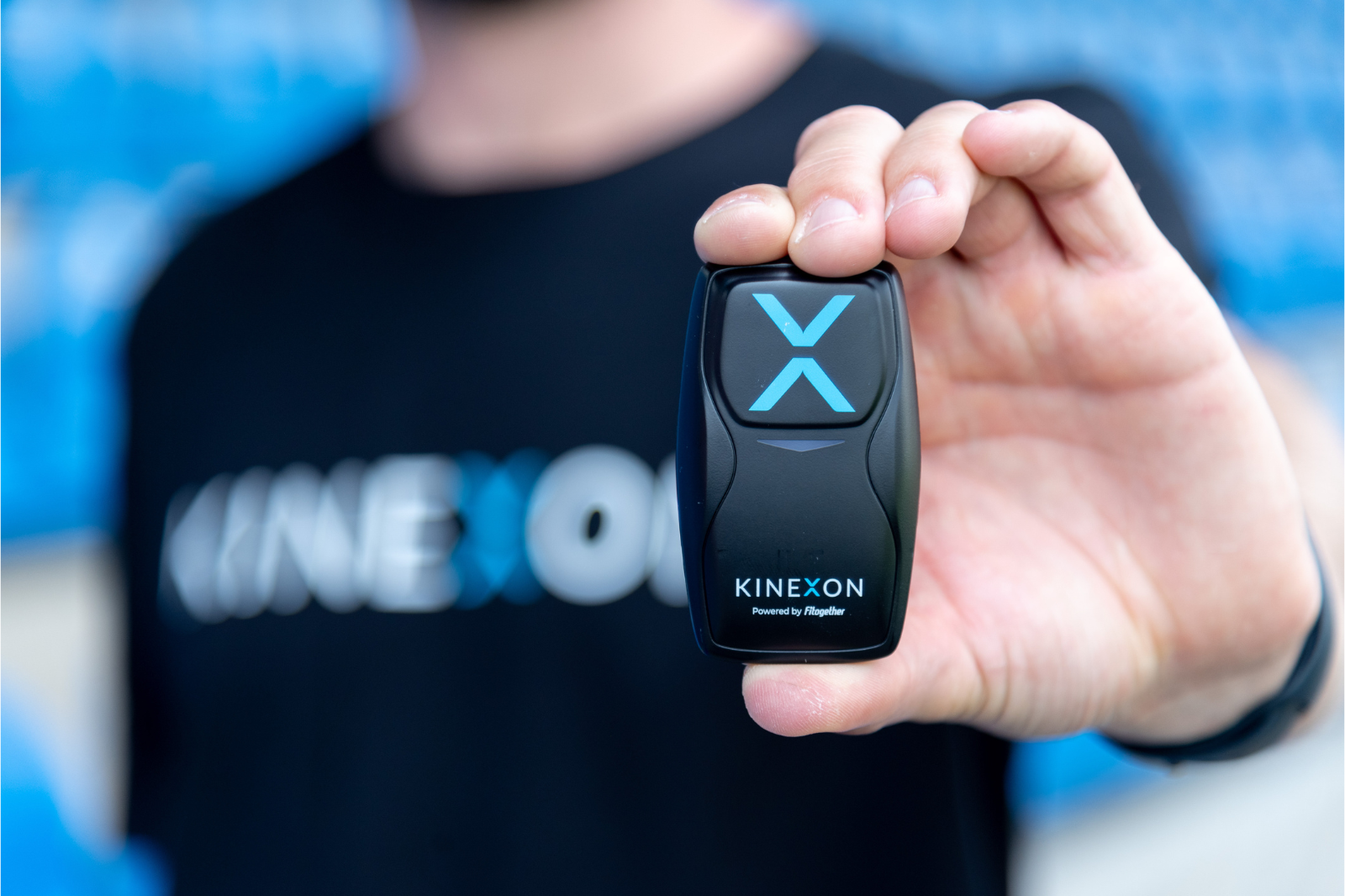Sports Analytics Innovation Summit: Reliable Data is Key
Einblicke vom Sports Analytics Innovation Summit (25. — 26. März) in London mit dem Thema: “Mit Daten die Grenzen verschieben.”

London, 26 March – The youth academy players of today make up the stars of tomorrow. In England, clubs seem to have neglected this simple rule in the past. The British media recently criticized Premier League teams for lacking young talents who could once strengthen the national squad. At the Sports Innovation Summit in London, James Bunce, Premier League’s head of sport science, admitted that most clubs are not aware of what it takes to become a professional player: “It is pretty much a black hole.” Only 0,5% of the under 9 year olds would make it to the first team. Examples like the FC Southampton show that a team can setup the structures to enable young players to finally join the first team – and become stars who arouse the interest of international top clubs. Southampton relies heavily on data – to prevent injuries but also to develop players more efficiently.
“Every bit of data should be used”, said Andrew Walker, Head of Performance at the Welsh rugby club Scarlets who is sure that players would be happy to work with technology that delivers objective data. But it should not stop at the individual level, as “teams win championships”. For him, real-time decision-making based on data could become a big asset in the future. Jamie Capel-Davies from the International Tennis Federation (ITF) takes the same line: “We need to get the information flow around the player under control.” Equipment to record, store, transit, analyze and communicate athlete performance would be needed. As a consequence, the ITF created Rule 31, which allows players to use certified (wearable) technology during a match. A game-changer. “We need to democratize coaching through smart devices”, underlines the ITF-manager.
And whereas Tennis and Rugby do not have much in common on the first glance, the importance of reliable data is similar. “Accuracy has a big impact for us”, emphasized.
Daniel Tobin, Head of Fitness at Leinster Rugby, who thus analyzed current GPS tracking systems regarding their precision. The alarming result: 378% overestimation of in-game collisions and no correlative data for sprint measurements. “We need valid data on collisions and sprints, as this is what Rugby is all about”, stressed Tobin. This view confirms the Kinexon approach to develop a cutting-edge radio frequency technology that meets highest demands in terms of precision and robustness. One of the key features of the technology is a tracking accuracy of below 10cm – even in challenging indoor environments.
But accuracy is not everything. Real Madrid does also attach importance to the visualization of the data. “Our staff would be keen to get intuitive insights on touch screens”, said Carlo Ancelotti’s analytics expert Jack Nayler. However, at the moment, Real would not have enough data points “to really conclude reliable insights.”
The big challenges is the seamless collection of motion and orientation data, which makes up the raw data that is translated into performance indicators. Here, tracking technology comes into play. The cutting-edge technology of Kinexon simplifies the complex collection of raw data and guarantees accurate analytics that can be used as an objective data set to individually adapt training and regeneration schedules of players as well as improving their tactical behavior.
Completing the panel discussion, Premiere League representative Bunce stressed the importance that athletes “eat, sleep and train right”. While the comprehensive data set of Kinexon helps to improve training and regeneration, the nutrition schedule is the competence of dietitians – even if Kinexon gave away low-calorie and protein-rich Grillido sausages to the visitors of the summit who all walked away with a smile – as Germans have been proven to be famous for two things: Technology and Sausages.
